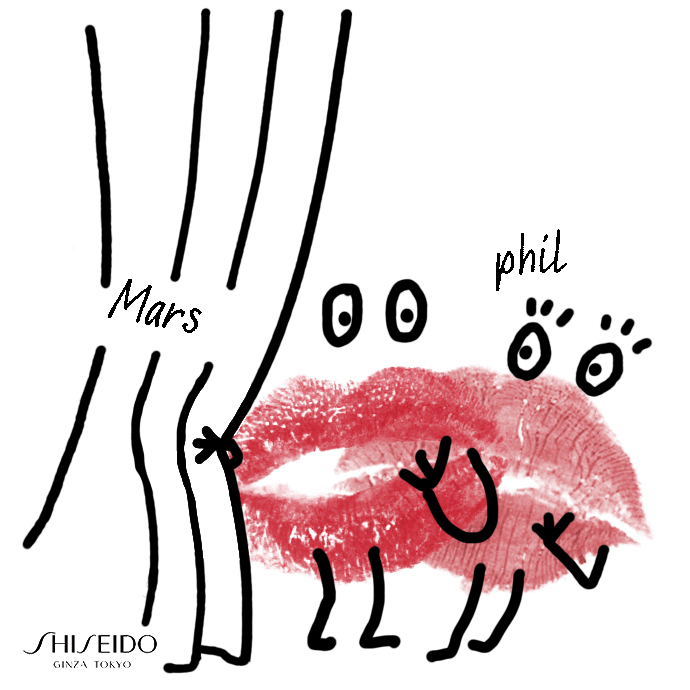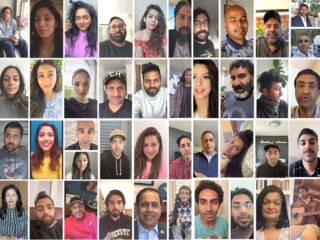Summertime is here and wedding season is now in full swing! To get that summer body for your upcoming wedding or honeymoon, you may find yourselves looking for quick fixes and buying into fad diets (but please don’t!). Many of these diets encourage you to cut back on major sources of nutrition such as dairy, carbohydrates, or meat. However, before you consider cutting out any major food groups, read our guide on what cutting out food groups actually involves and what to consider before cutting out any important nutrient sources.

No Meat/Fish/Poultry Diets
Vegetarian and veganism has become a trending health fad, if not a lifestyle choice for many people. South Asians, in particular, can be seen to follow a vegetarian or vegan diet for cultural or religious reasons.
The type of meat free diets that are followed can vary. Some vegetarians, called “lacto vegetarians,” choose to have no meat, fish, or eggs, but will have dairy sources such as milk and cheese. Those choosing to have no meat, fish, or dairy, but consume products containing egg are referred to as “ovo vegetarians.” Those following a “pescatarian” diet will have no meat but do consume fish, seafood, eggs, and dairy. “Vegans” are defined as not consuming any product or by-product derived from animal sources. This means excluding honey, all dairy, gelatin, and avoiding products made from wool, leather, or silk.
To some, these diets may appear to be restrictive, but many are not far off from general-health eating guidelines. Same food groups but a different source of nutrients is what differentiates these diets from each other and from general healthy eating advice. For those of you who follow a form of vegetarianism or veganism, you need to ensure that your dietary restrictions do not result in any major deficiencies or have a negative effect on your overall nutritional status.
Vegetarians need to ensure they have good sources of Vitamin B12, Iron, and Omega-3 for a healthy balanced diet. The main natural sources of these vitamins, minerals and fatty acids are meat, fish, and animal-derived produce. However, other non-meat based sources can also be found and should be included, especially if excluding meat/fish.
• Vitamin B12 – This is important for growth, repair, and general health (like maintaing your nervous system and red blood cells). Vitamin B12 is only found naturally in animal products. Eggs and dairy products are good sources of Vitamin B12, for those vegetarians that do consume these. However, for vegans, it’s advisable they choose fortified cereals and soya products that have added vitamin B12. A regular vitamin B-complex supplement could be recommended by your doctor.
• Iron – Vegetarians are likely to have a lower iron store than those who consume meat on a regular basis. Good sources of iron for vegetarians include pulses (beans and lentils), dried fruit, dark green vegetables, fortified cereal, and bread.
• Omega-3 Fatty Acids – Mainly found in oily fish but also in flaxseed and grape seed oil, which can be used in moderation as part of a healthy balanced diet. Soya and tofu are also promoted as being good sources of Omega-3 and are often seen as staples in some vegetarian diets.
Those following a vegan diet need to consider the above nutrients, along with Calcium and Vitamin D (vital for bone health).
• Calcium –As calcium is found mainly in dairy products, vegans need to consider other dairy-free sources. This includes foods with added calcium (soya, rice, oat milk, or yoghurts) along with pulses (beans and lentils) and dried fruits.
• Vitamin D – This is necessary to help aid in calcium absorption. Our main source of Vitamin D is obtained through safe levels of sun exposure. However, in colder climates, dietary sources are important! This includes fortified cereals, spreads, and drinks.
A healthy vegetarian and vegan diet has a similar set of rules that should be applied to ensure a healthy nutritional status and help prevent any deficiencies:
• Eat at least five portions of a variety of fruits and vegetables every day.
• Base meals on whole-grain, starchy carbohydrates, i.e. potatoes, bread, rice, and pasta.
• Consume dairy or dairy alternatives, such as rice milk, almond milk, soy milk, etc. – choose low fat and low sugar!
• Choose good protein sources, as part of your main meals, like pulses (beans and lentils) – especially if your diet does not consist of eggs or fish!
• Limit consumption of high fat, high sugar foods!

Free-From Diets
This could be a dairy-free, gluten-free, or sugar-free diet plan, which simply means omitting foods and products containing any or all of these components. All free-from diets get you thinking about each product before buying and consuming it, making eating and meal times a more conscious act. Free-from diets can lead to you eating less overall and therefore consuming less calories, resulting in weight loss. However, free-from diets can overly restrict individuals, and without professional advice and supervision they can be harmful for some people.
Gluten Free
Gluten-free diets are mainly recommended for those who have a proven and medically diagnosed intolerance to gluten known as coeliac disease. However, we are largely seeing more and more people implementing this way of eating usually due to feelings of fatigue or bloating. The danger of this is that by prematurely eliminating gluten, it can prevent an accurate diagnosis of symptoms. As mentioned, elimination diets often lead to a reduction in calories and weight loss, which can improve symptoms, however we can wrongly associate this improvement with the elimination of gluten. Therefore before eliminating gluten, it is advisable to review your overall diet and increase exercise to see if this has any impact on improving symptoms.

Dairy Free
Dairy is a food group which provides calcium, vitamin D, and protein – all of which are essential to bone health. By eliminating dairy completely you can risk developing a deficiency. Therefore it would be advisable to have a combined vitamin D and calcium supplement to prevent deficiencies from occurring and consider dairy-free alternative dietary sources of calcium and vitamin D.
Before making any large diet or exercise changes independently, it is always best to do your research and look at the evidence base behind such recommendations. To date the evidence base for eliminating whole-food groups for no specific medical purpose and for weight-loss purposes only is slim and highly flawed! It is best to seek a registered professional’s opinion before making any radical dietary changes.
About Saran Garcha

To contact Saran Garcha, please go to her Facebook page: Saran Garcha – Registered Dietitian, or email her at garchadiet@gmail.com










